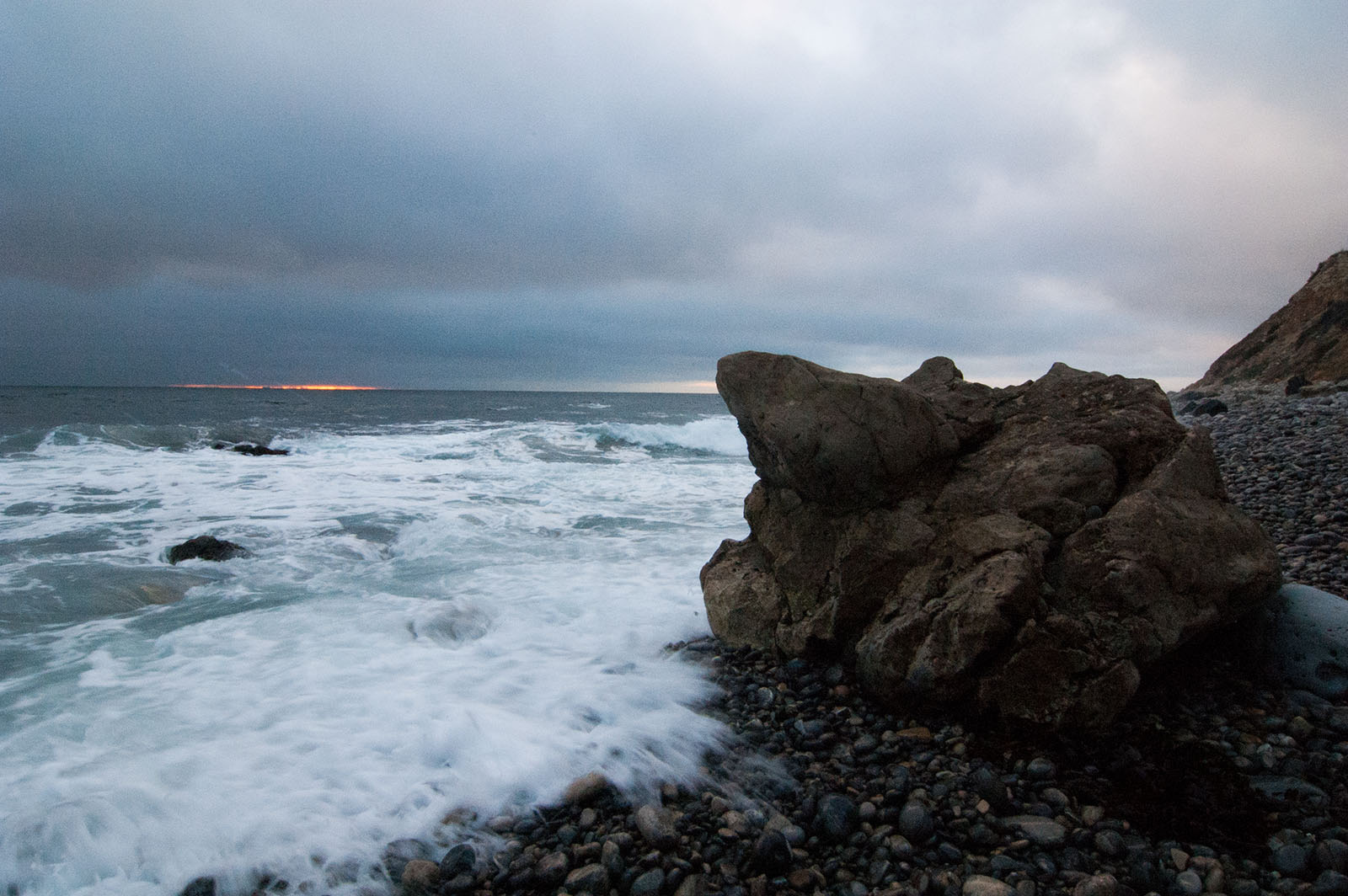Good morrow and welcome. I’m sharing 7 of the best life lessons I’ve learned by being a photographer. One of those is, sometimes in order to learn, your lessons really have to hurt.
I’m lucky in that I’m a good student. Sit me down with a textbook or a teacher and I can learn just about anything. But the problem I’ve found with that kind of academic learning is that it’s temporary. The knowledge comes into my brain, bounces around for awhile, and then six months later it flutters out of my ear or nose or something. Not really sure how it gets out, but I do know that it’s gone.
But you know what kind of knowledge does stick around? The kind that was painfully gained. If some lesson hurt you to learn it, then I guarantee you are going to hold that lesson dear for a long time to come. Let me give you an example:
When I was living in LA and just starting out with photography I spent a lot of time exploring the southern part of the Palos Verdes coast around Abalone Cove. In spring of 2008 I went out a couple of nights in a row: the first night I decided to experiment with night photography, so I cranked the ISO on my trusty old Nikon D50 to a whopping 1600 and took some really awful photos.
The next night I was in more of a seascape mood so I hit the beach, found this rock, and created a seascape composition. Being fairly inexperienced with photography and seascapes I was pretty happy with what I thought was a novel composition, some interesting motion in the water, and decent light and drama in the sky. In other words, I had a keeper! And I couldn’t wait to process this shot into a little bit o’ magic once I got home.

But once I actually pulled the image up on my computer I discovered to my horror that I had left my ISO at 1600 from the previous night. And on the D50, ISO1600 was pretty much the equivalent of pouring sand on your sensor. Upon a close-up of the image; you can see how much of the detail is obscured by noise and crap! My amazing shot…ruined!!!

Well you can bet that since night I’ve double and triple checked my ISO before every shoot.
Another, more tragic example. My camera falling lens-first onto a rock. A first-person glimpse into a $750, blink-of-an-eye equipment loss. But you know what? That $750 lesson has stuck with me and now I always make sure my tripod is level and secure before I take my hands off of it.
These kind of mistakes suck. They hurt, they’re expensive, they wound your pride. But the moral of the story here is to not be afraid to make them, or to fail spectacularly. Because those failures and mistakes will teach you stronger and more enduring lessons than a constant string of successes will.

